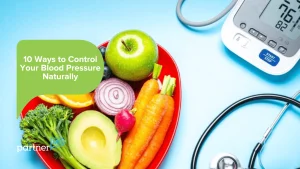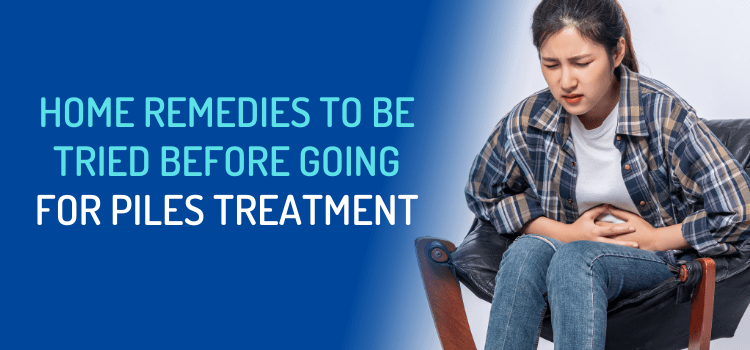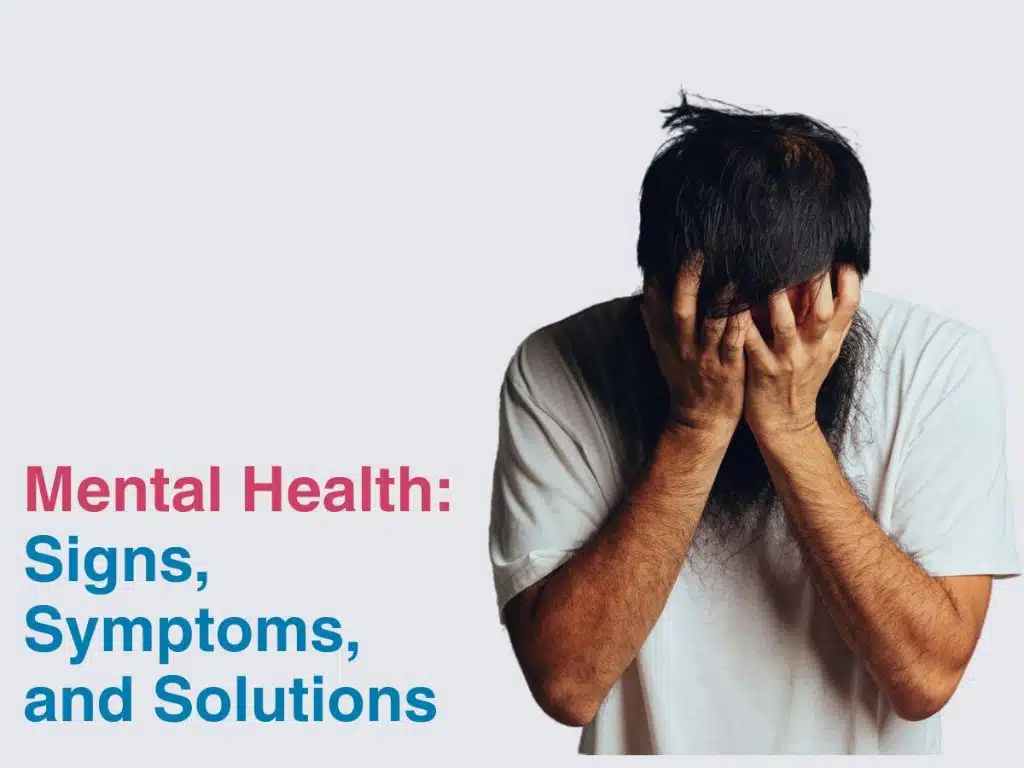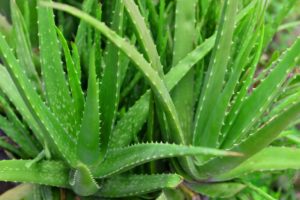
Controlling blood pressure naturally is essential for maintaining overall heart health and reducing the risk of cardiovascular diseases. Here are several effective ways to manage blood pressure without relying solely on medication:
1. Maintain a Healthy Diet: A balanced diet plays a crucial role in controlling blood pressure. Foods rich in potassium, magnesium, and fiber, such as leafy greens, bananas, avocados, and whole grains, can help lower blood pressure. Additionally, reducing sodium intake is vital. A high-sodium diet can increase blood pressure, so it’s recommended to limit processed and salty foods. The DASH (Dietary Approaches to Stop Hypertension) diet is particularly effective, emphasizing fruits, vegetables, lean proteins, and low-fat dairy.
2. Regular Physical Activity: Exercise is one of the most effective ways to lower blood pressure. Engaging in moderate-intensity activities like walking, swimming, or cycling for at least 30 minutes a day can significantly reduce both systolic and diastolic blood pressure. Regular physical activity strengthens the heart, enabling it to pump blood more efficiently and lowering the pressure on arteries.
3. Reduce Stress: Chronic stress is a known contributor to high blood pressure. Practicing relaxation techniques such as deep breathing exercises, yoga, and meditation can help reduce stress levels. Taking time for hobbies or spending quality time with loved ones also promotes emotional well-being, which can have a positive effect on blood pressure.
4. Maintain a Healthy Weight: Being overweight or obese is a major risk factor for high blood pressure. Losing even a small amount of weight, around 5-10% of your body weight, can lead to a noticeable decrease in blood pressure. A combination of a healthy diet and regular exercise can help achieve and maintain a healthy weight.
5. Limit Alcohol Consumption: Drinking alcohol in moderation or not at all is important for controlling blood pressure. Excessive alcohol intake can raise blood pressure and hinder the effectiveness of blood pressure medications. If you do drink, it’s recommended to keep consumption to a minimum—no more than one drink per day for women and two drinks per day for men.
6. Quit Smoking: Smoking causes temporary spikes in blood pressure and damages blood vessel walls over time. Quitting smoking is one of the best decisions for heart health and blood pressure management. The benefits of quitting are noticeable within hours, and over time, the risk of heart disease decreases significantly.
7. Get Enough Sleep: Poor sleep quality or insufficient sleep can contribute to high blood pressure. Aim for 7-9 hours of sleep per night to help regulate blood pressure levels. Sleep apnea, a condition where breathing stops and starts during sleep, is particularly linked to high blood pressure, so addressing any sleep issues is essential.
8. Limit Caffeine Intake: While the effects of caffeine on blood pressure can vary from person to person, it’s known that consuming large amounts can cause a temporary spike in blood pressure. If you are sensitive to caffeine, consider limiting your intake of coffee, tea, and other caffeinated beverages.
9. Stay Hydrated: Dehydration can lead to an increase in blood pressure, so it’s essential to drink plenty of water throughout the day. Staying hydrated helps the heart pump blood more efficiently and prevents unnecessary strain on the cardiovascular system.
10. Try Natural Supplements: Certain supplements like omega-3 fatty acids, garlic, and hibiscus tea have been shown to have blood pressure-lowering effects. However, it’s important to consult with a healthcare provider before introducing new supplements to ensure they are safe and appropriate for your individual health needs.
By incorporating these natural methods into your lifestyle, you can effectively manage and control your blood pressure, reducing the risk of long-term health complications. Always consult a healthcare provider before making significant changes to your routine, especially if you have pre-existing health conditions.
Reducing high blood pressure quickly is crucial in preventing potential complications such as heart attacks, strokes, and kidney damage. While it’s important to manage blood pressure over the long term through lifestyle changes, there are also immediate steps you can take to bring it down in the short term. Here are effective strategies to lower high blood pressure quickly:
1. Practice Deep Breathing Exercises: One of the quickest and most effective ways to reduce blood pressure is by practicing deep breathing techniques. Slow, deep breaths can activate the parasympathetic nervous system, which helps relax the body and reduce stress. Try inhaling deeply for five seconds, holding the breath for five seconds, and exhaling slowly for five seconds. Repeat this process for several minutes. Deep breathing lowers heart rate and calms the nervous system, leading to a temporary reduction in blood pressure.
2. Relax and Reduce Stress: Stress is a major contributor to high blood pressure, so reducing stress quickly can help lower blood pressure. Take a break in a quiet, calm environment, close your eyes, and try relaxation techniques such as progressive muscle relaxation (PMR). This method involves tensing and then relaxing various muscle groups in the body to promote relaxation and reduce tension. Even just taking a few moments to calm down can have an immediate impact on blood pressure levels.
3. Drink Water: Dehydration can contribute to high blood pressure, so staying hydrated is essential. Drinking a glass of water can help lower blood pressure quickly, especially if you’re dehydrated. Water helps maintain proper circulation and ensures that the heart doesn’t need to work harder to pump blood, thereby reducing pressure on the arteries.
4. Reduce Salt Intake: If you’re experiencing a spike in blood pressure, reducing sodium intake can help lower it quickly. High sodium levels can cause the body to retain fluid, increasing the volume of blood in the vessels and leading to higher blood pressure. If possible, avoid salty foods and snacks or opt for foods that are naturally low in sodium, such as fresh fruits and vegetables.
5. Take a Warm Bath or Shower: Immersing yourself in a warm bath or shower can help lower blood pressure by promoting relaxation and improving blood circulation. The warm water helps dilate blood vessels, allowing blood to flow more easily, which can reduce blood pressure. Be sure the water temperature is comfortable, not too hot, to avoid any risk of dehydration or overheating.
6. Consume Dark Chocolate: Believe it or not, dark chocolate has been shown to help lower blood pressure. This is due to its flavonoid content, which helps improve blood flow and relax blood vessels. If you need to lower blood pressure quickly, enjoy a small piece of dark chocolate (at least 70% cocoa) to reap its beneficial effects on circulation.
7. Practice Meditation or Mindfulness: Meditation is an excellent way to reduce high blood pressure in the short term. By focusing your mind and practicing mindfulness, you can reduce stress levels, lower heart rate, and promote relaxation. Guided meditation or using mindfulness apps can be especially helpful in quickly calming your mind and body.
8. Use Essential Oils: Certain essential oils, like lavender and chamomile, are known for their calming and stress-relieving properties. You can diffuse these oils in a room or use them in a calming massage. The soothing aroma can help ease anxiety, relax the mind, and lower blood pressure. Simply inhale deeply while breathing slowly and calmly to help reduce pressure on your heart and arteries.
9. Get Physical Activity: Light exercise, such as walking or stretching, can help lower blood pressure rapidly. While intense exercise might temporarily raise blood pressure, gentle activities like walking or yoga help improve circulation and lower the heart rate. Just 10-15 minutes of light movement can be enough to see a reduction in blood pressure.
10. Check Your Medications: If you’re already on prescribed blood pressure medications, ensure that you’re taking them as directed. Sometimes, a missed dose or incorrect medication can cause blood pressure to spike. If you’re experiencing a significant rise in blood pressure, it’s important to contact your healthcare provider immediately to determine if medication adjustments are necessary.
While these methods can help reduce high blood pressure quickly, it’s essential to address the root causes of hypertension for long-term health. If you experience frequent spikes in blood pressure, it’s important to consult with a healthcare professional to evaluate your condition and determine a comprehensive plan for managing it effectively.
Experiencing sudden high blood pressure, also known as a hypertensive crisis, can be alarming, and it’s crucial to take immediate action to prevent further complications. Sudden high blood pressure can result from various factors, including stress, a poor diet, or an underlying health condition. If you find yourself facing a sudden spike in blood pressure, here are the steps you should take to manage the situation effectively:
1. Stay Calm and Assess the Situation: The first step is to remain calm. Anxiety and panic can worsen high blood pressure, making the situation more dangerous. Take deep, slow breaths to help relax your body. Focus on staying composed while you assess your symptoms. Sudden high blood pressure might come with symptoms like severe headaches, dizziness, shortness of breath, or chest pain. If any of these occur, it’s essential to act quickly.
2. Check Your Blood Pressure: If you have access to a home blood pressure monitor, check your blood pressure to verify the reading. A blood pressure reading of 180/120 mmHg or higher is considered a hypertensive crisis, which requires immediate medical attention. If your reading falls into this range, do not wait for the symptoms to worsen. Seek medical help immediately. If you don’t have a monitor but experience severe symptoms, it’s still important to contact a healthcare provider or visit the emergency room.
3. Rest and Relax in a Quiet Place: If your blood pressure is elevated but not at a crisis level, take a break and rest in a quiet, comfortable environment. Sit or lie down in a calm room, away from distractions. Stress and physical activity can exacerbate high blood pressure, so minimizing these factors is essential. Focus on deep breathing or meditation to calm your nervous system and lower your blood pressure over time.
4. Hydrate and Avoid Stimulants: Dehydration can worsen high blood pressure, so drink a glass of water to stay hydrated. Avoid caffeine, nicotine, or other stimulants, as these can cause an additional spike in blood pressure. If you’ve recently consumed caffeine, try to relax and wait for the effects to wear off before assessing your situation again.
5. Take Prescribed Medication (if applicable): If you’ve been prescribed medication for high blood pressure, take it as directed. Sometimes, medication adjustments are necessary when blood pressure spikes unexpectedly. However, do not double up on your dose without consulting your doctor, as this could lead to a dangerous drop in blood pressure. If you’re unsure, it’s best to contact a healthcare professional for advice.
6. Contact a Healthcare Provider: If your blood pressure reading is significantly elevated, or if you experience symptoms such as chest pain, shortness of breath, severe headaches, or vision changes, seek immediate medical help. A hypertensive crisis requires urgent attention to prevent life-threatening complications like stroke, heart attack, or organ damage. Call your doctor or go to the emergency room as soon as possible.
7. Identify and Address Triggers: After the immediate crisis has passed, it’s important to assess what might have caused the sudden spike in blood pressure. Common triggers include stress, poor diet, lack of physical activity, or skipping medications. Identifying the underlying cause can help prevent future spikes. If stress or anxiety is a major trigger, consider incorporating relaxation techniques like yoga, mindfulness, or breathing exercises into your daily routine.
8. Follow Up with Regular Monitoring: If you experience sudden high blood pressure, it’s important to monitor your blood pressure regularly to ensure it remains within a healthy range. Many people with high blood pressure may not experience symptoms, making regular check-ups critical. Keeping track of your blood pressure readings can help you and your doctor adjust your treatment plan if necessary.
9. Adhere to Long-Term Blood Pressure Management: Preventing future high blood pressure spikes involves making long-term lifestyle changes. Maintaining a healthy diet, reducing sodium intake, exercising regularly, managing stress, and avoiding smoking and excessive alcohol consumption are key factors in controlling blood pressure. Regular visits to your healthcare provider for blood pressure monitoring and medication adjustments are also crucial in managing your overall heart health.
If you experience a sudden spike in blood pressure, it’s important to act swiftly and appropriately. While short-term interventions can help, addressing the underlying causes and maintaining a consistent approach to managing your blood pressure can prevent future crises. Always consult a healthcare provider if you’re unsure or if your symptoms worsen.



 DailyMediCure
DailyMediCure 








